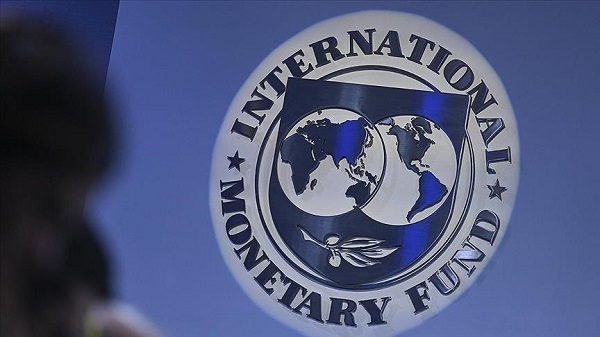 International Monetary Fund (IMF)
International Monetary Fund (IMF)
The International Monetary Fund (IMF) has endorsed Ghana’s Energy Sector Shortfall and Debt Repayment Levy, describing it as a strategic measure which aligns with the country’s fiscal goals under the Extended Credit Facility (ECF) programme.
The levy, which imposes a GH¢1 charge per litre on petroleum products, is aimed at addressing the long-standing debt and financial shortfalls in the energy sector.
Speaking at a press briefing, Director of the IMF’s Communications Department, Julie Kozack, said the revenue measure will play a crucial role in helping Ghana tackle structural issues in the sector while supporting broader fiscal reforms.
“On the fuel levy, what I can say is that this is a new measure that will help generate additional resources to tackle the challenges in Ghana’s energy sector. It is also going to bolster Ghana’s ability to deliver on the fiscal objectives under the programme,” she said.
The IMF’s comments come on the back of the recent passage and presidential assent to the Revised Energy Sector Levy (Amendment) Bill, 2025, by President John Mahama on June 5, 2025.
Although implementation of the new levy was initially slated for June 6, enforcement was deferred to July 16, 2025, due to concerns raised by the Chamber of Oil Marketing Companies (COMAC) over operational readiness.
Under the revised levy structure, consumers will now pay GH¢1.96 per litre of fuel as the Energy Sector Shortfall and Debt Repayment Levy.
Oil marketers have warned that the levy will increase the average price of petrol at the pumps from GH¢11 per litre to around GH¢13 per litre, raising concerns about its inflationary impact.
SP/VPO
#TrendingGH: Drivers react to government’s new GH¢1 energy levy on petroleum products
